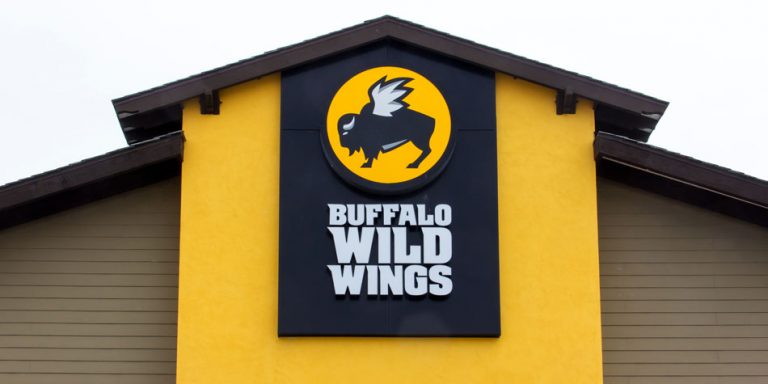There’s been a couple of acquisition announcements in the fast-casual dining space this year. The most recent was the $2.9-billion deal from Arby’s (via Roark Capital) to buy Buffalo Wild Wings (NASDAQ:BWLD). It priced BWLD stock at $157 a share.
The move follows the $7.5-billion deal we saw for Panera earlier this year, and there are rumblings of more coming down the pike (here are the 10 best deals of 2017). In fact, P.F. Chang’s CEO Michael Osanloo says more deals are likely to come in 2018. That’s thanks to the industry’s relatively low valuations and the improving economy.
The most recent — and specific — of calls came on Wednesday. Bernstein analyst Sara Senatore suggested that Chipotle Mexican Grill, Inc. (NYSE:CMG) is the best-looking takeover target, according to her screeners. The company’s ability to cut costs and increase cash flow and its well-known brand make it a solid candidate for a buyout.
Is it realistic? On the one hand, all of the baggage that Chipotle carries (in terms of image) is a serious turnoff. Panera and Buffalo Wild Wings do not have similar issues, and they had lower price tags. Both of those reasons make them more attractive.
On the flip side though, Chipotle does have an activist investor in Bill Ackman and a shakeup at the CEO spot. This could put CMG stock on the auction block.
Sizing Up BWLD Stock Deal
Let’s take a look at the deal Roark Capital made for Buffalo Wild Wings. The BWLD news broke in November, when shares jumped to $155. BWLD stock has traded in a tight range since.
I would draw some issues between BWLD and CMG. First, the deal that’s taken BWLD stock from sub $100 in September to more than $150 now was done at a much lower valuation. Back in September, the stock was trading with a forward price-to-earnings (P/E) ratio of less than 20. Even now, it sports a forward P/E of just 31.
For CMG stock, its forward P/E ratio stands at a whopping 47. So clearly there’s a large disconnect between the two on an earnings valuation basis. Post-deal, BWLD stock now trades at 20.5 times trailing free cash flow (FCF), while CMG stock trades at a whopping 43 times FCF. For that matter, BWLD has a trailing FCF of $127 million, while CMG’s trailing FCF is much higher at $215 million.
But it generates more FCF, right? This is correct, but note the size of the companies. Buffalo Wild Wings stock was sold for $2.9 billion, while CMG stock currently trades with a market cap of more than $9 billion. Surely a deal would be at a premium to its current market cap.
Finally, on an EV/EBITDA basis, BWLD’s measure of 11 is roughly 50% below that of CMG’s 21. And remember, these are post-acquisition valuations for BWLD.
Final Thoughts on BWLD Stock
So what does it look like to me? Roark Capital bought a well-known restaurant chain with plenty of potential for a much lower valuation. Those looking to buy CMG may get a well-known brand, but is it well-known for the right reasons? It doesn’t seem like it.
Although Buffalo Wild Wings wasn’t going through the best of times, it had much better fundamentals than Chipotle. Further, it doesn’t have any scandals.
Leveraging technology for mobile order and pickup is a mixed bag. While it doesn’t allow for high-margin alcohol sales, it is clocking sales without having to wait on customers. If it can keep a full restaurant and drive online pickups, then there’s a lot of opportunity for the company.
Not that it matters for investors, anymore. The deal will likely go through, and with shares above $156, there’s no point in buying for a move to $157. The risk/reward simply doesn’t make sense. If the deal goes through, then shares appreciate marginally, about 0.25%. If the deal falls through, there could be 20% downside or more.
0.25% reward for 20% risk? It’s simply not worth it.
Bret Kenwell is the manager and author of Future Blue Chips and is on Twitter @BretKenwell. As of this writing, Bret Kenwell did not hold a position in any of the aforementioned securities.

